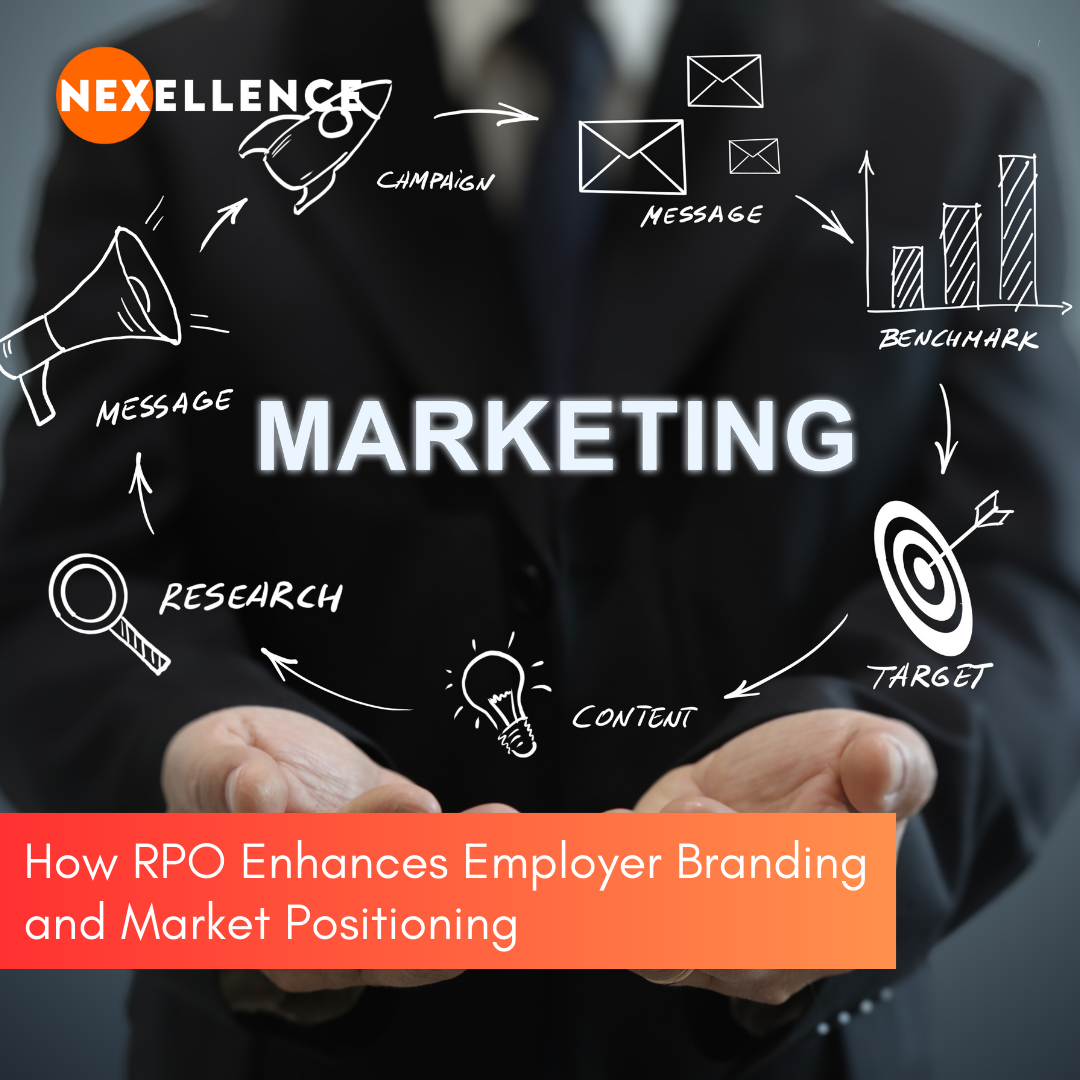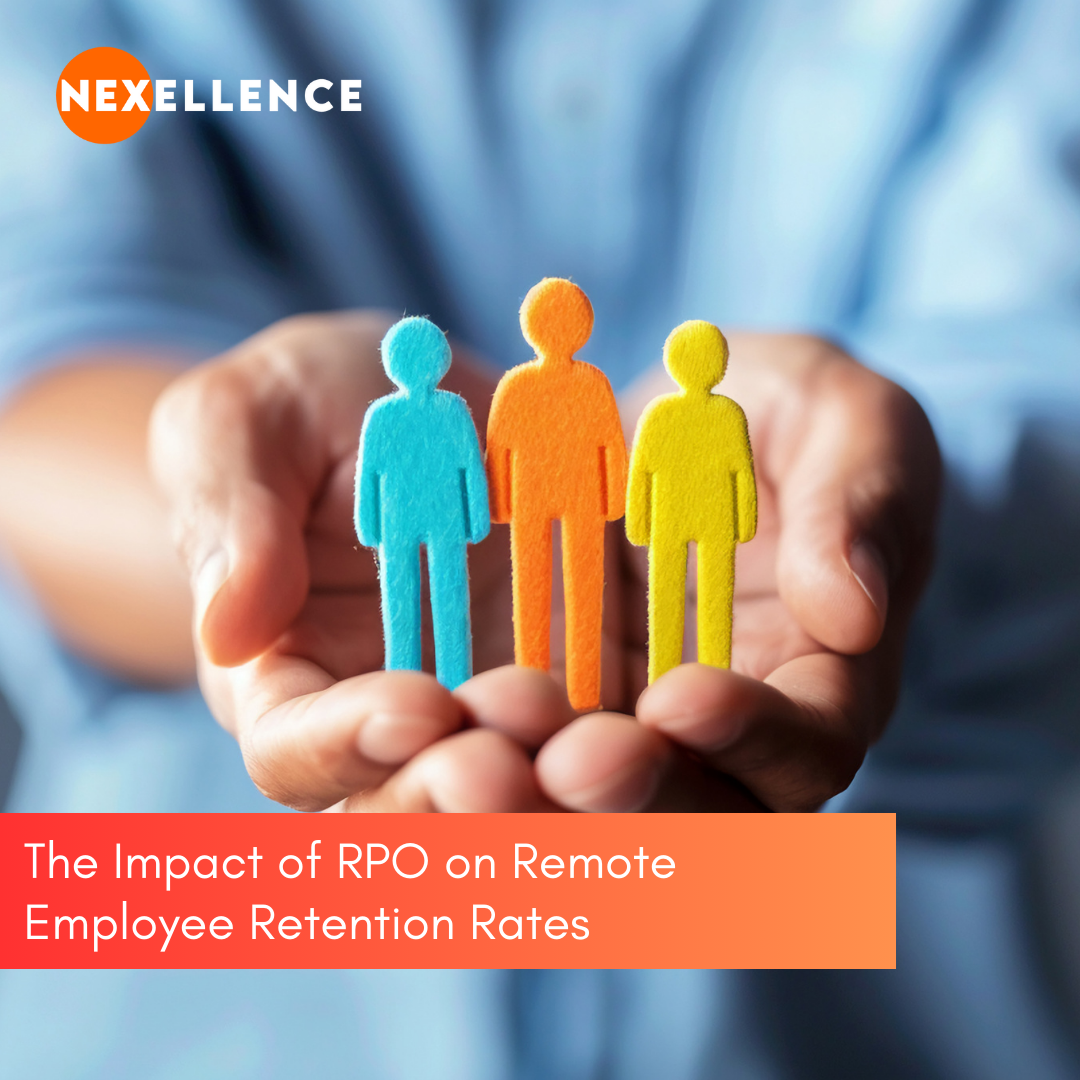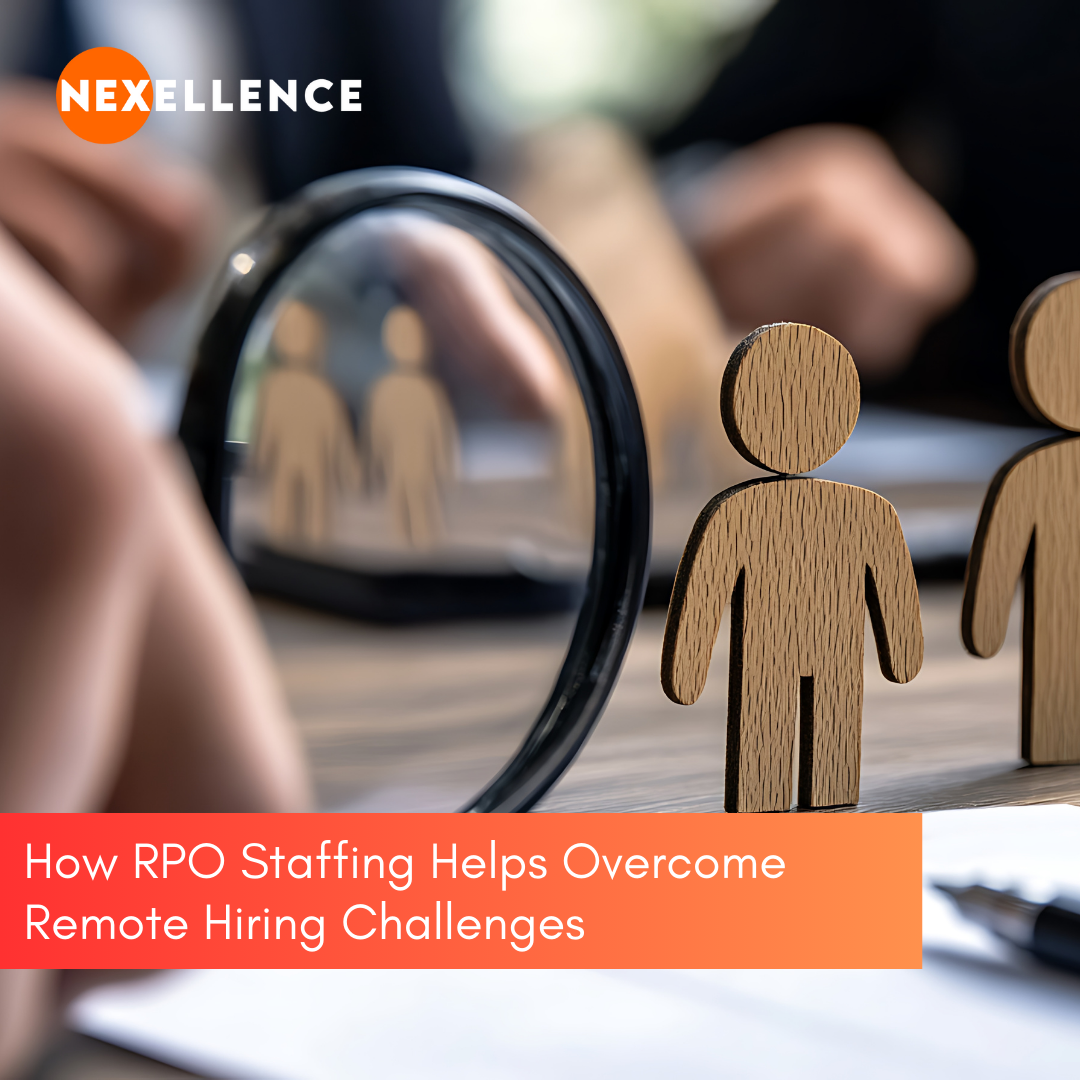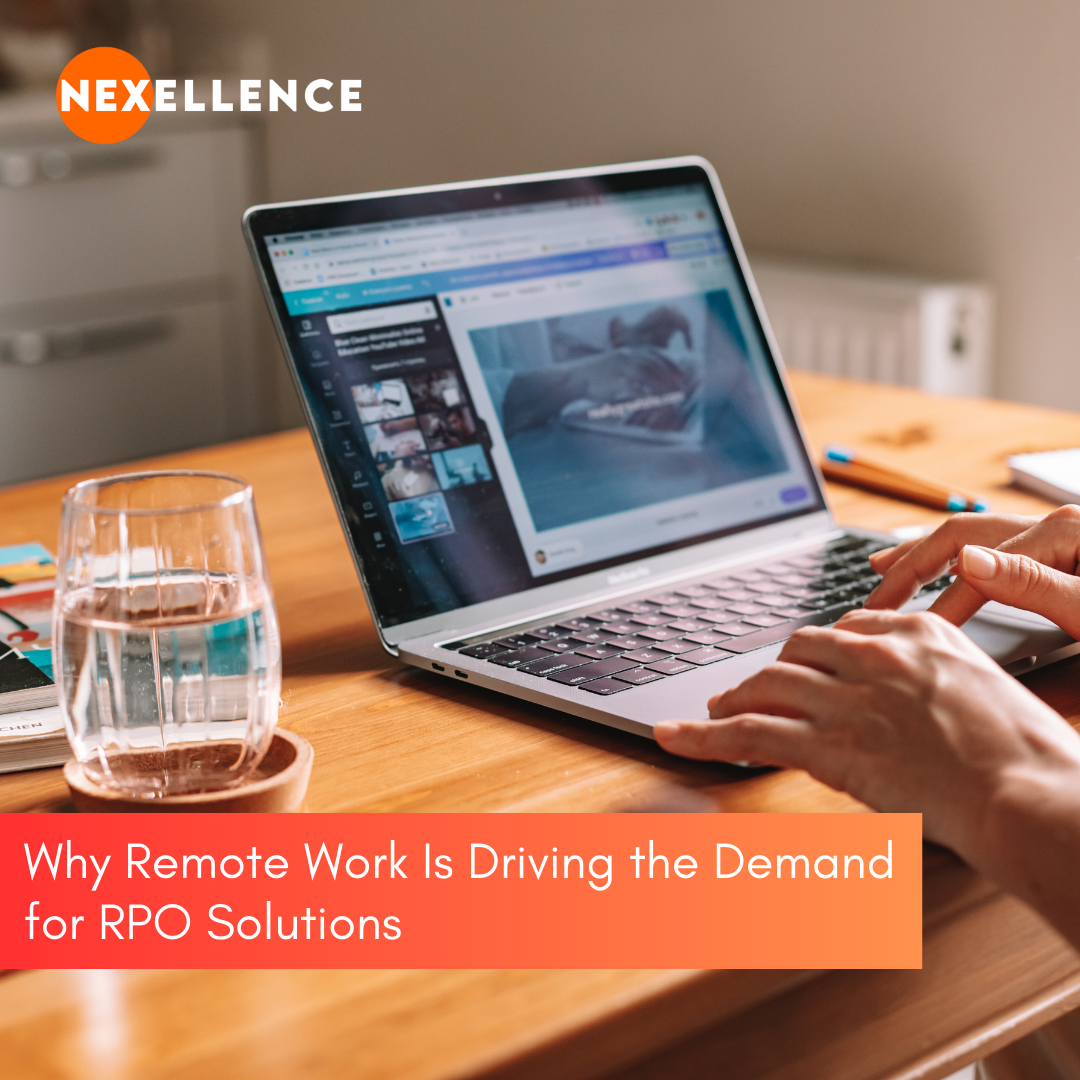In today’s fiercely competitive talent landscape, attracting and retaining top-tier talent goes far beyond offering a competitive salary. Employers must distinguish themselves through a strong employer brand and effective market positioning. This is where Recruitment Process Outsourcing (RPO) steps in — not just as a hiring solution, but as a strategic partner in shaping how organizations are perceived by job seekers and the industry at large.
So, how exactly does RPO enhance employer branding and market positioning? Let’s dive in.
What Is RPO?
Recruitment Process Outsourcing (RPO) is when a company partners with an external provider to manage part or all of its recruitment functions. Unlike traditional staffing agencies, RPO providers act as an extension of the internal HR team, aligning closely with company culture, values, and long-term hiring goals.
RPO providers often bring advanced recruitment technologies, data analytics, and industry expertise to the table — all of which play a crucial role in building a compelling employer brand.
What Is Employer Branding?
Employer branding refers to how current and potential employees perceive an organization as a place to work. It’s the reputation the company holds in the job market and is shaped by factors like workplace culture, career development opportunities, employee engagement, and values.
A strong employer brand:
- Attracts high-quality candidates
- Reduces hiring time and costs
- Increases employee retention
- Enhances overall company reputation
How RPO Enhances Employer Branding
1. Consistent and Compelling Candidate Experience
RPO providers focus on creating a seamless and engaging recruitment journey for candidates — from the first touchpoint to onboarding. They standardize communications, provide timely feedback, and ensure that every interaction reflects the company’s values and culture.
2. Tailored Employer Brand Messaging
An RPO partner works closely with internal teams to understand the company’s unique value proposition. They help craft compelling messaging that resonates with target candidates across channels like job postings, social media, and career websites.
3. Data-Driven Insights
RPO firms leverage analytics to understand what attracts or deters candidates. By using these insights, they refine job descriptions, optimize sourcing strategies, and align branding efforts with market expectations.
4. Improved Diversity and Inclusion (D&I)
A modern employer brand emphasizes inclusivity. RPO providers often have targeted strategies to attract diverse talent, helping companies build a more representative workforce and enhance their social impact image.
How RPO Supports Market Positioning
While employer branding targets potential employees, market positioning reflects how a company is viewed in its broader industry — by clients, investors, and competitors. RPO indirectly supports this by:
1. Filling Key Roles Faster
Vacancies in leadership, tech, or customer-facing roles can impact business performance. RPO reduces time-to-hire, ensuring that crucial roles are filled quickly and with top talent.
2. Showcasing Talent as a Competitive Advantage
A company known for attracting high-caliber employees naturally earns a reputation for excellence. This strengthens its standing in the market and positions it as a leader in its sector.
3. Driving Innovation Through Talent Acquisition
By accessing wider and more diverse talent pools, RPO brings in candidates who offer fresh perspectives and drive innovation — boosting the company’s market agility and long-term growth.





